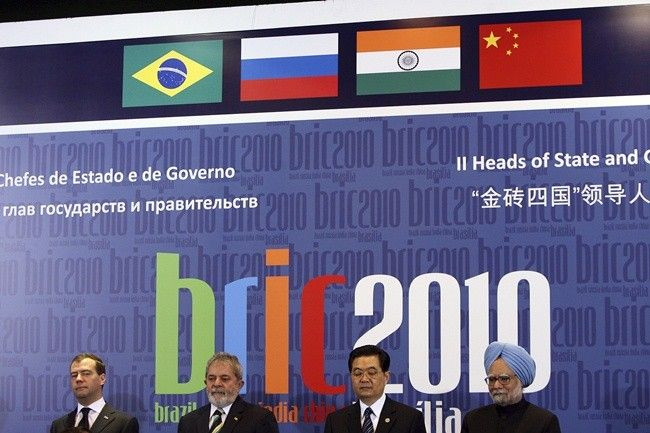Inflation to be the biggest worry for emerging markets in 2011

Inflation will be the biggest concern for the emerging markets in 2011 and an important economic gauge to watch in the new year.
“Rising inflation could result in further monetary tightening, currency appreciation, or administrative measures such as capital controls ... which will haunt equity investors,” said Economic Times quoting a report by Mirae Asset Global Investments.
Inflation, which touched a 28-month high at 5.1 percent in November, has been identified as China's biggest hurdle to growth in 2011. The government has been increasing interest rates as well as reserve ratios in an attempt to contain the rise.
Interest rates remaining low in the US amid doubts over the recovery of the economy will see continued flow of funds to the emerging markets. The inflows might be positive for the emerging markets in a short-term but may lead to overheating, the report said.
“While we do not believe emerging market assets are in a bubble yet, this is a possible risk for the next few years,” it said.
The report also identifies corruption as a key impediment for the growth in emerging markets, mainly in India.
“Another key risk for the emerging Asian story ... is the poor political leadership, which encourages excessive rent-seeking and doesn’t focus on building adequate infrastructure to support high growth,” the report notes.
Citing Indian infrastructure as example, the report said that the sector has been plagued by a number of controversies including land acquisition, environmental clearance and resource allocation.
“India’s domestic consumption-led growth could get derailed if decisive action is not taken to root out corruption,” said Mirae.
However, Mirae remains positive over Hong Kong becoming the financial hub as more global financial institutions move their business functions to Hong Kong.
“Hong Kong will benefit from tightened financial regulations in London and New York,” the report said.
Besides, the Hong Kong Stock Exchange as a leading stock exchange in the emerging markets will fortify its position as multinational companies with a considerable presence in these markets strive to list on the exchange.
“Hong Kong will also become the primary market for yuan-denominated listings that are open to foreign investors,” the financial services firm said.
Among emerging markets, China will remain as the fastest growing economy in 2011 boosted by huge domestic consumption and investment.
Further, Mirae expects significant upside for investors in Brazilian stocks as valuations of equities remain inexpensive.
© Copyright IBTimes 2024. All rights reserved.





















